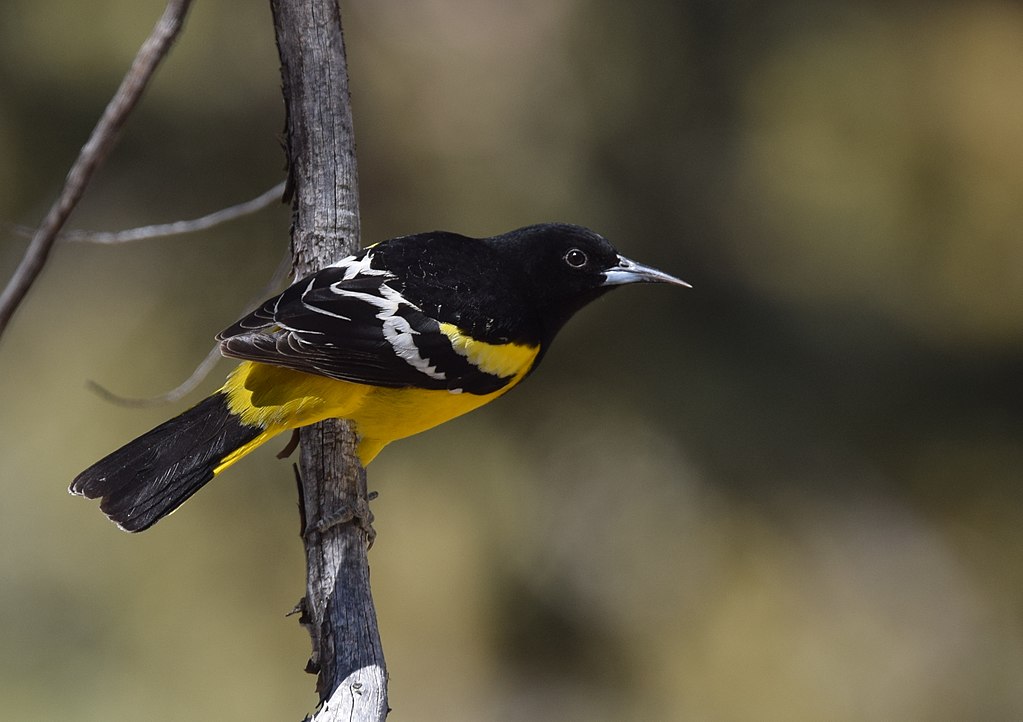|
Image Credit: Andy Reago & Chrissy McClarren
Changing English bird names is an idea that has gained significant traction recently, particularly across North America. The issue resurfaced in 2018 when the American Ornithological Society’s (AOS) North American Classification Committee (NACC) published my proposal to change the name “McCown’s Longspur.” Two years later, in the wake of protests and action taken across the world for George Floyd and an expansion of efforts to address systemic racism, the topic of English bird names was discussed heavily on twitter and spread rapidly by #BirdNamesForBirds. At this point the AOS changed McCown’s Longspur to the Thick-billed Longspur. This in turn led the NACC to devise a proposal-based procedure for dealing with the issue of problematic bird names. Seemingly in response to mounting public pressure, the AOS has now announced a committee to design a new process for renaming English bird names for diversity and inclusion purposes. This decision, combined with the NACC’s announcement to suspend review of all English bird name proposals, has in all likelihood ended the era of a proposal-based system for renaming English bird names. In February, prior to the public announcement of the NACC to suspend review of English name proposals, with the help of Jess McLaughlin’s BirdNamesForBirds biography entry, I wrote a proposal to change the name of Scott’s Oriole to Yucca Oriole, and submitted to the NACC. The NACC responded that they were not currently reviewing English name proposals. In all likelihood then, this proposal won’t make it out to the public, so we’d like to share it here. Why choose Scott’s Oriole when, according to BirdNamesForBirds resources, there are over 150 honorific bird names in North America? Obviously one issue is the time constraint on writing 150 proposals. So given that I had only so much time, I targeted Scott’s Oriole as the species to write about because it, without a doubt in my mind, is the worst honorific (yes all are bad but this is a special kind of bad). It is named for an individual who clearly, without controversy, directly handed out orders to commit genocidal acts against Indigenous People culminating in personally carrying out the orders for the forced removal of the Cherokee people known as the Trail of Tears. Less important but relevant to the updated 2020 (now expired) NACC English Bird Name guideline policies, Scott had no documented personal of familial connection, monetary relationship, or passing interest with birds, nature, or expeditions. I think publishing the proposal is still worthwhile because it allows ornithologist and birders to understand the name and how we can change it. - Robert Driver Comments are closed.
|

 RSS Feed
RSS Feed